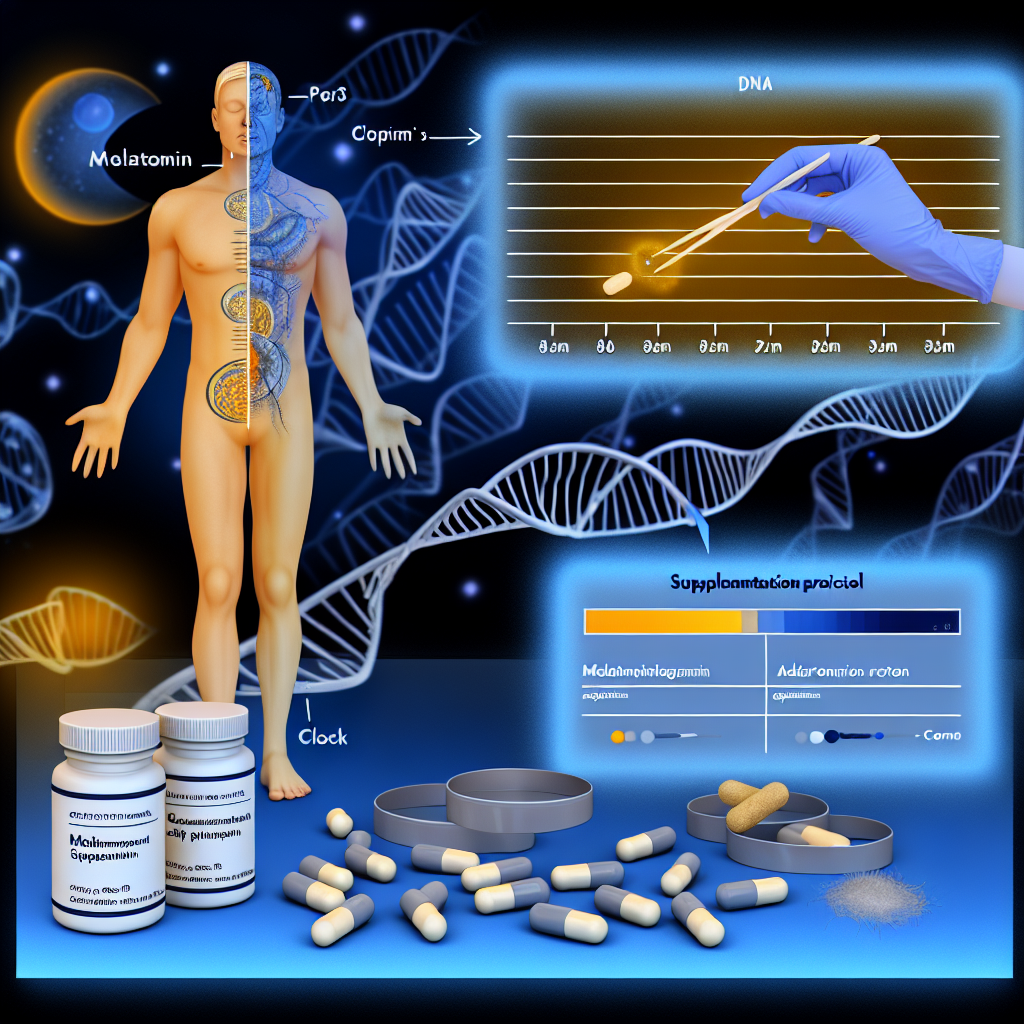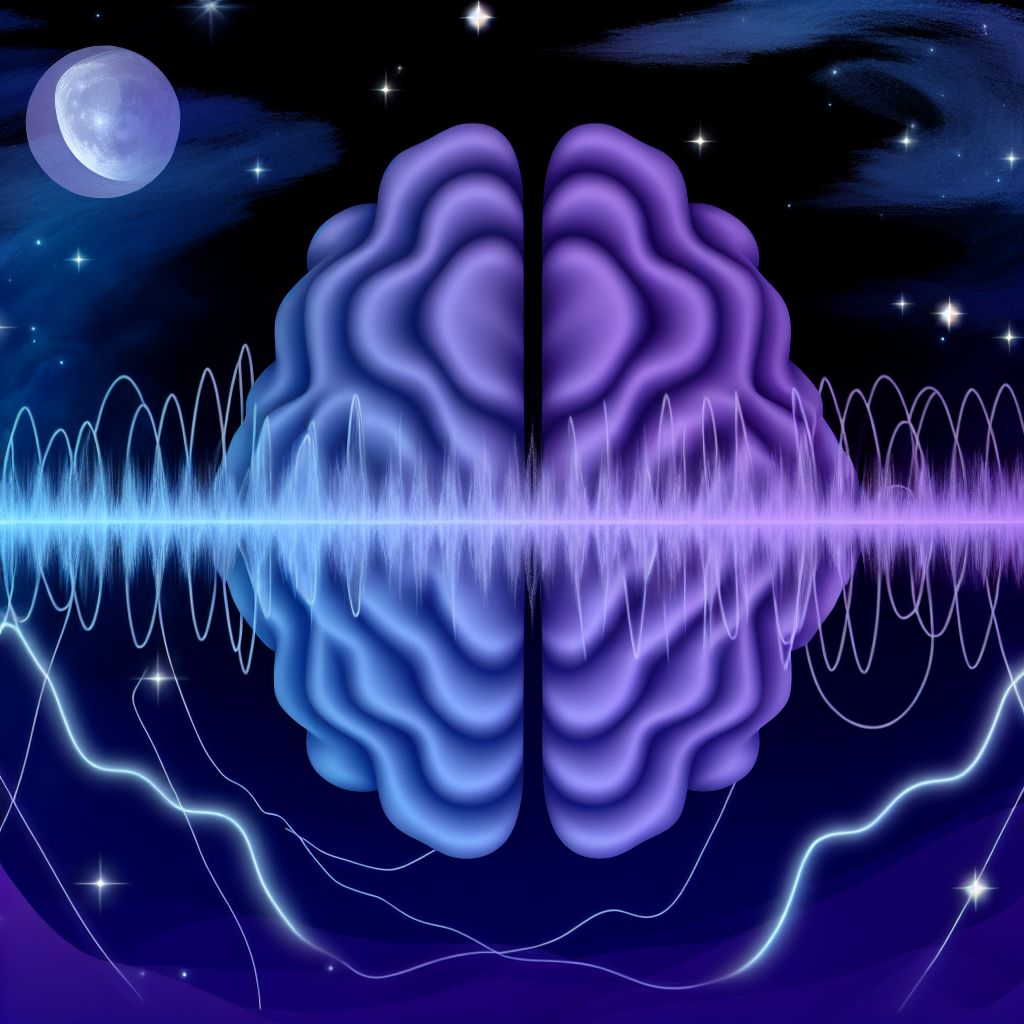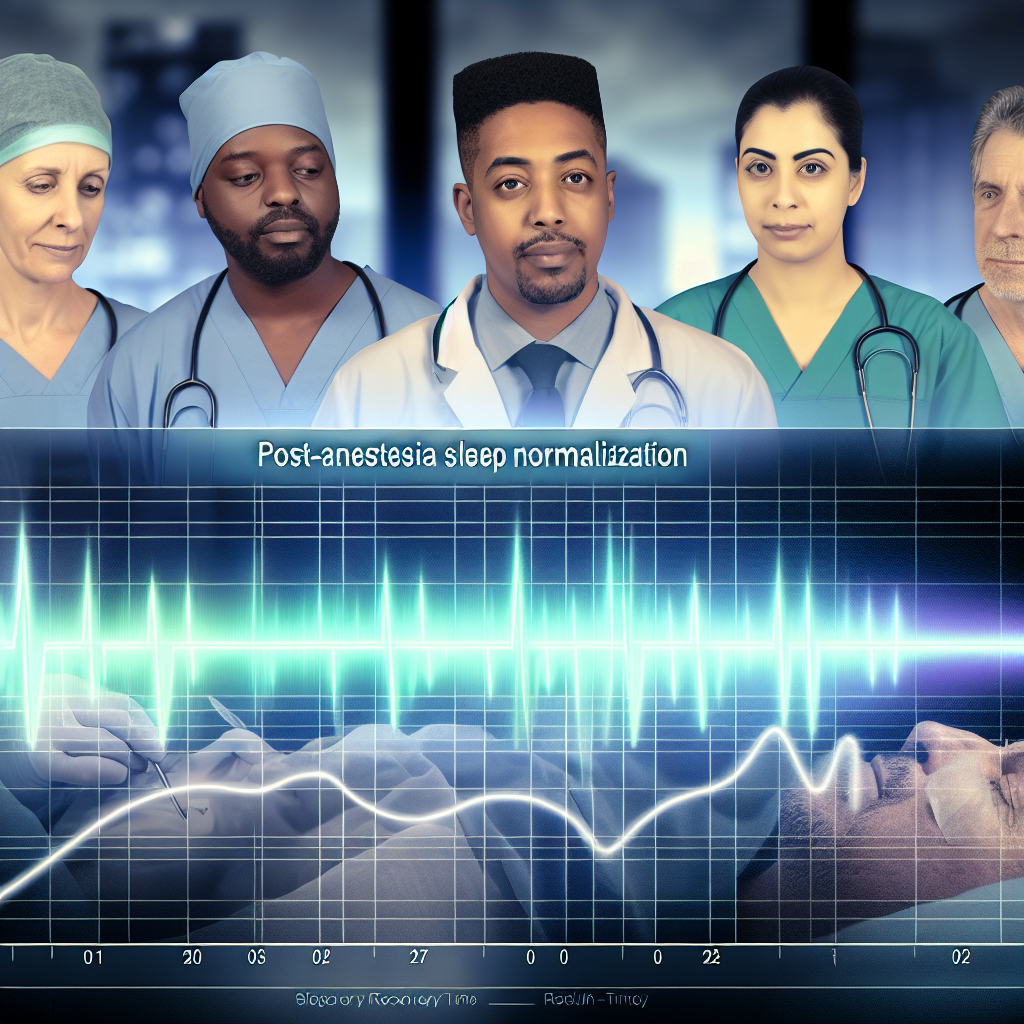Genetic Sleep Testing – Personalized Supplement Protocols
Introduction
In today’s fast-paced, digital world, maintaining optimal sleep health is essential. Disrupted sleep, insomnia, or low-quality sleep are more than nighttime nuisances—they have ripple effects that impact productivity, emotions, immune strength, and long-term well-being. While common sleep hygiene practices like screen time reduction, regular bedtime routines, and minimal caffeine help many people, others still suffer from persistent issues.
This is where innovative science enters the picture. A promising advancement in sleep medicine is genetic sleep testing. This cutting-edge tool uses insights from genomics to analyze individual DNA and uncover specific genetic variants influencing sleep behaviors, such as circadian rhythm, melatonin production, and neurotransmitter activity.
Unlike standard approaches, genetic sleep testing enables the creation of highly personalized sleep supplement protocols. These protocols include customized recommendations for natural sleep aids like melatonin, magnesium, L-theanine, and adaptogenic herbs—determined by your unique genetic profile. This minimizes guesswork, improves outcomes, and promotes consistent, restorative rest.
This personalized care model signals the dawn of precision sleep medicine. As sleep takes its rightful place alongside diet and exercise in the wellness trifecta, individuals now have the opportunity to unlock better rest through genomics.
Features and Research Studies
The field of sleep genomics is growing, strongly supported by academic research. Several peer-reviewed studies have confirmed a direct link between genetic variants and sleep patterns.
One foundational gene is the CLOCK gene (Circadian Locomotor Output Cycles Kaput). According to a study published in the journal Sleep (Sleep, 2007), variations in the CLOCK gene are associated with insomnia and sleep timing issues, such as Delayed Sleep Phase Syndrome (DSPD). Such individuals struggle with falling asleep until much later than socially acceptable times.
Another impactful gene, PER3, influences circadian rhythm and sleep depth. A study by Archer et al. in the Journal of Sleep Research (2005) demonstrated that people with longer variants of the PER3 gene experience deeper slow-wave sleep, though they are more vulnerable to sleep deprivation.
In addition, genes like COMT, MAOA, and GAD1 are critical for neurotransmitter metabolism, which affects stress response, anxiety levels, and overall sleep quality. For example, the COMT Val158Met polymorphism shapes dopamine breakdown in the prefrontal cortex, making it a key factor in stress resilience and emotional regulation. This connection was highlighted in a 2005 study (PubMed).
Genetic insights also enhance supplement effectiveness. Some individuals have genetic variants in the ASMT gene that lower natural melatonin production. These people often benefit more from melatonin supplementation, as shown in a Frontiers in Endocrinology (2017) article. It also indicates that people with mutations in the CNR1 gene, associated with the endocannabinoid system, may show diverse sleep responses to CBD.
Another noteworthy gene is TRPM6, which determines magnesium absorption and transport. For individuals with TRPM6 variants, magnesium supplementation may significantly aid sleep through enhanced muscle relaxation and nervous system modulation.
Personalized sleep genomics doesn’t stop at interpretation—it enables the implementation of DNA-specific supplement strategies. As direct-to-consumer genetic testing and digital bioinformatics become more widespread, combining these insights with professional guidance can revolutionize sleep care. Personalized plans dramatically reduce the risks of ineffective supplements and empower better long-term outcomes.
Conclusion
We live in a time where personalized medicine has become an achievable reality, and sleep is at its forefront. With genetic sleep testing, we move beyond generic solutions to customized strategies built on your own DNA.
By understanding how genetic variations affect factors like melatonin synthesis, neurotransmitter balance, or magnesium absorption, we can design supplementation protocols that resonate with your body’s natural rhythm. Whether it’s customizing dosage or choosing the right “sleep nutrients,” precision protocols improve both sleep quality and overall well-being.
This marks an exciting new phase in personalized sleep medicine. For anyone who has struggled with traditional sleep hacks or ineffective over-the-counter solutions, genetic testing may offer the missing link. Your DNA could hold the answer to your most restful night yet.
References
– [Sleep, 2007 – CLOCK gene and insomnia](https://academic.oup.com/sleep/article/30/9/1215/2696296)
– [Journal of Sleep Research, 2005 – PER3 gene study](https://onlinelibrary.wiley.com/doi/abs/10.1111/j.1365-2869.2005.00490.x)
– [PubMed – COMT Val158Met & cognitive performance](https://pubmed.ncbi.nlm.nih.gov/15738907/)
– [Frontiers in Endocrinology, 2017 – ASMT, CNR1, and sleep supplements](https://www.frontiersin.org/articles/10.3389/fendo.2017.00166/full)
Concise Summary
Genetic sleep testing uses DNA analysis to identify genetic variants that influence circadian rhythm, neurotransmitter activity, and supplement metabolism. These insights allow the creation of personalized supplement protocols using nutrients like melatonin, magnesium, and adaptogens tailored to your unique biology. Backed by scientific studies, this precision sleep medicine approach minimizes guesswork and enhances sleep quality by aligning interventions with your genetics. As consumer access to genomic data grows, this strategy offers a breakthrough path for individuals struggling with insomnia or poor sleep—uncovering their biological blueprint to achieve deep, restorative rest.

Dominic E. is a passionate filmmaker navigating the exciting intersection of art and science. By day, he delves into the complexities of the human body as a full-time medical writer, meticulously translating intricate medical concepts into accessible and engaging narratives. By night, he explores the boundless realm of cinematic storytelling, crafting narratives that evoke emotion and challenge perspectives.
Film Student and Full-time Medical Writer for ContentVendor.com




